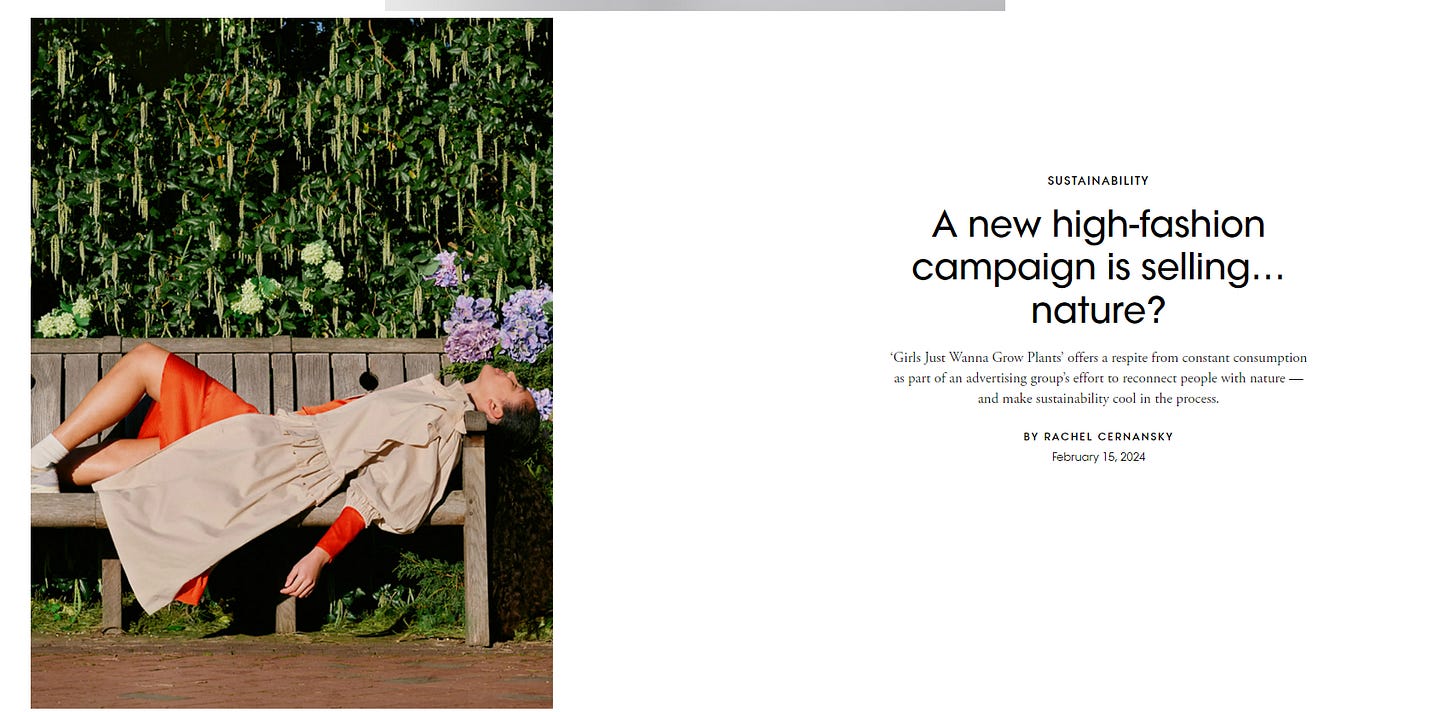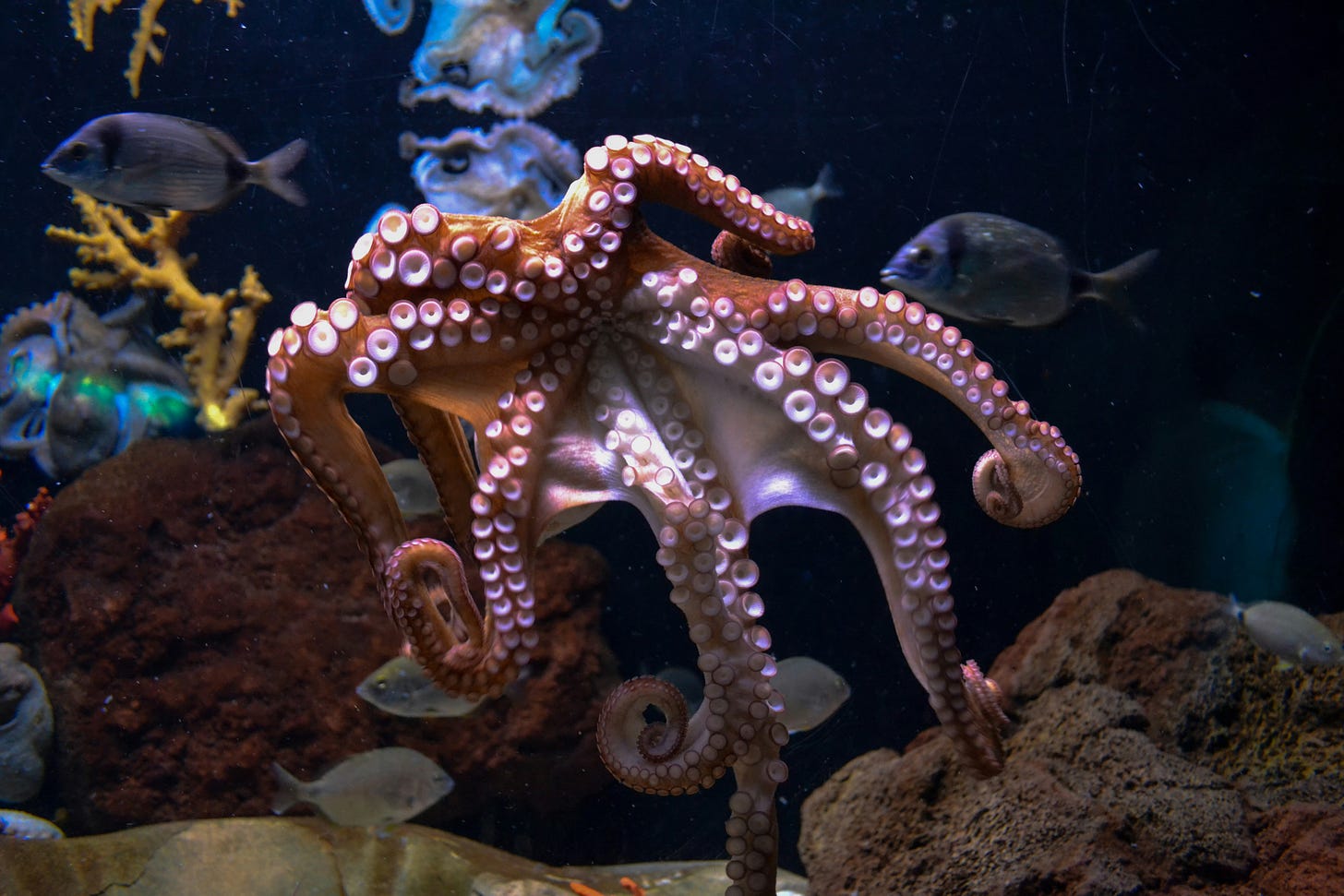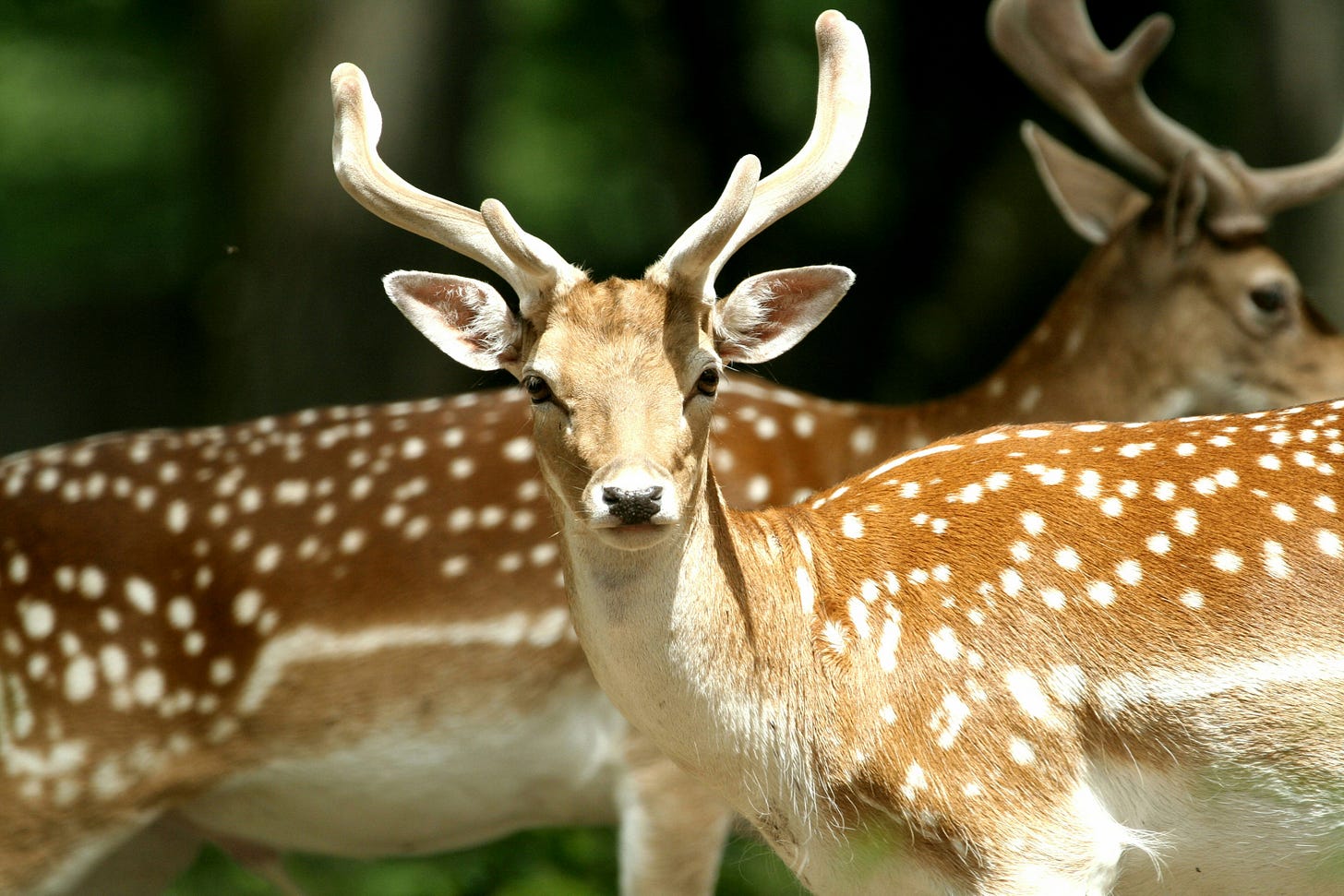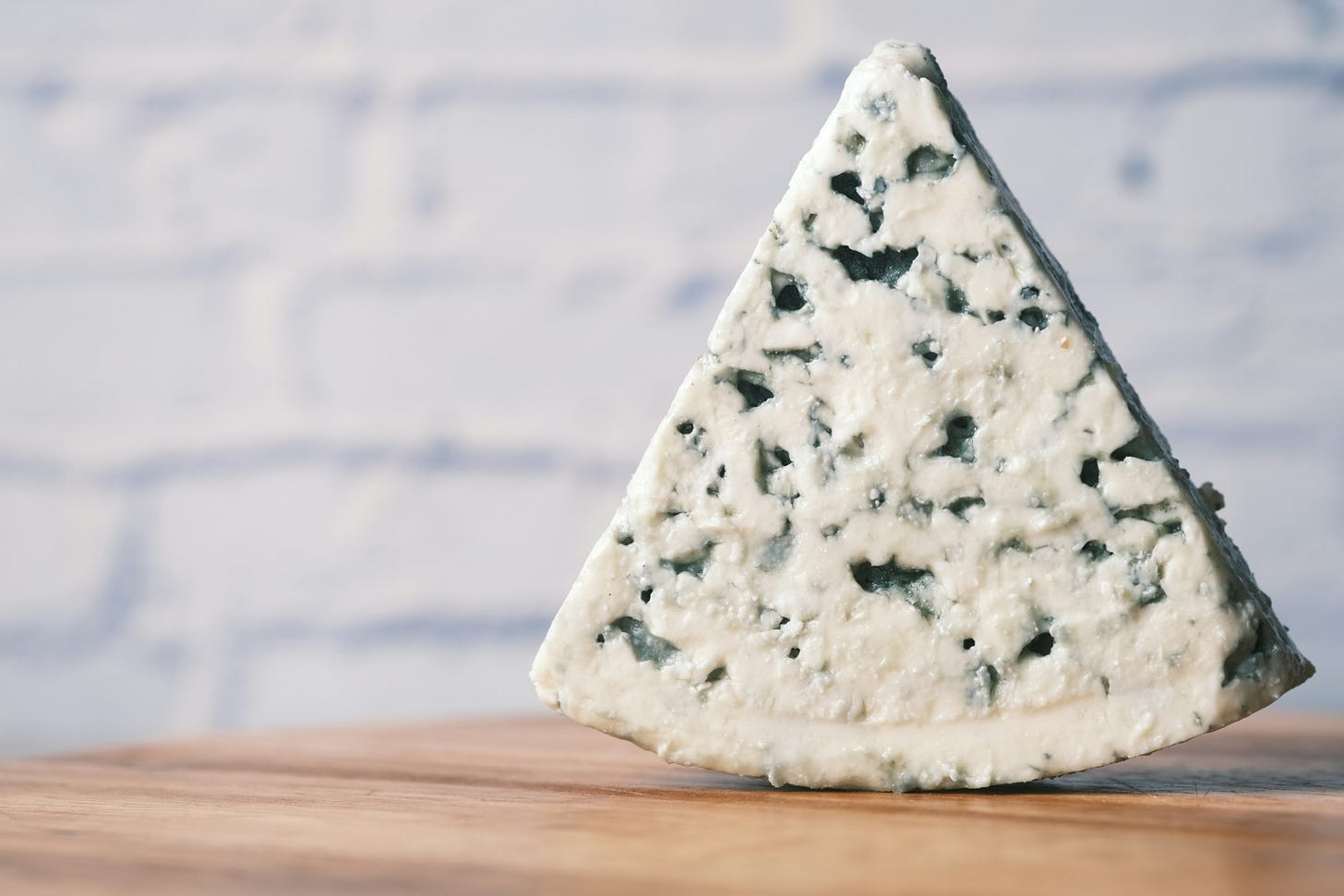Change Everything No 10: Should we be selling nature and dumbing down cheeses?
My first-ever poll. What do you think?
No “big read” this week, due to the arrival of my second Substack - Red Benches, which will be a weekly roundup of events in the House of Lords. Because lots of very important issues are covered in the House, and government failures exposed, that get very little attention. And they deserve to. Please do subscribe - if you’re already a Change Everything subscriber, you might get it. To be honest I’m not quite sure - still trying to work out the system!
Book news
Seriously exciting: on Tuesday morning, in a warehouse in Swindon (yes, it is a glamorous life) I’ll be holding actual physical copies of Change Everything: How We Rethink, Repair and Rebuilt Society. I’ll be signing the copies for everyone who supported its publication. May take five hours I’m told. But, still, thanks all! But if you aren’t in that exclusive group, you can still pre-order your copy and get it on publication day in your mailbox or inbox. (£5.99 for the e-book, £10.99 plus postage for paperback)
Advertising nature: What do you think?
Grant funding is supporting an advertising agency to produce typical work promoting spending time in nature (as reported in Vogue!) “We’re sort of operating within the confines of the system that we’re in,” says Brewerton. “These sorts of projects are about inspiring what they should be using their creativity on - what does the future look like, and what are the kinds of things we could be doing as an advertising industry?”
But those billboards might contain art, poetry, human creativity without the filter of the advertising model. Would that be better? Or how about tear down the billboard and plant a tree?
Picks of the week
Reading
Thursday night, over a lovely Chinese dinner (eating alone, see last week) I finished Children of Ruin by Adrian Tchaikovsky, a sci-fi epic I was pointed towards by a brilliant episode of Big Biology podcast with Danaa Staaf on cephalapods.
What would a planet taken over by octopuses (with a bit of originating help from a human and a virus) look like? Could a human communicate with an octopus? What is the “thought” of a decentralised intelligence like? Underneath a pretty standard genre plot, fascinating thinking - and then, no spoilers - it takes those questions even wider into other lifeforms.
This seems to be a major direction for science fiction in the 21st-century; not focused on the rather limited capacities of human engineering, but the almost limitless innovative and creative potential of life.
Operating a space ship near you? Photo by Serena Repice Lentini on Unsplash
Listening
The Politics Home podcast, The Rundown, examines where we are at with a ban from Westminster on so-called “conversion therapy” - the preferred term increasingly being “conversion practices”. In short, going nowhere. And in the meantime, real damage is being done to vulnerable individuals.
But as I set out in the House of Lords, there is real, careful, considered, progress in Scotland.
Thinking
We really have to stop thinking about “nature” over there, and “humans” over here. We’ve been part of, impacting on, ecosystems ever since we’ve existed, and particularly in recent millennia. See a PNAS-published study “10,000-year biocultural history of fallow deer”. It is now clear the species was brought into England by the Romans, not the Normans, then European colonial powers took it all over the world. This is a reminder that we need to stop imaginary binary divisions of native/”invasive” species. (A hat-tip to Inkcap Journal - a pioneer in this email newsletter space.)
Photo by Delphine SCHIEB on Unsplash
Researching
“These fornicating fish churn the water as much as a major storm.” How little we understand of the world we are fast trashing. Schools of mating anchovies have significant impacts in mixing heat and nutrients, and may be more important in ocean mixing than previously thought. And in the deeper seas, of which we have even less understanding, and which are generally much calmer, the impact of such fish behaviour may be even more significant. This research got an IG Nobel prize, but deserves proper attention.
Almost the end
A final thought about cheese and microbial diversity. It is only recently that a ridiculous idea that we didn’t have to worry about microbes going extinct because they were the same everywhere was comprehensively debunked. Now the collapse in diversity of our microbial life is causing a panic about the end of the world’s great cheeses. What’s been done to macrocrops has also been done to microbes - slashing diversity and reducing strength (strong flavours are often organisms defending themslves against predators and diseases).
“Farmers have selected certain strains that produce the right look, aroma, and flavor, narrowing the genetic pool.”
What a duller world we now have.
Photo by Towfiqu barbhuiya on Unsplash
What did you think about anything this Change Everything?
You can also find me on Instagram, Facebook, LinkedIn, TikTok and X.









Fascinating on the anchovies impact on the ocean. Little fish can do big stuff! The poll? Good idea and good luck with your signing and launch.